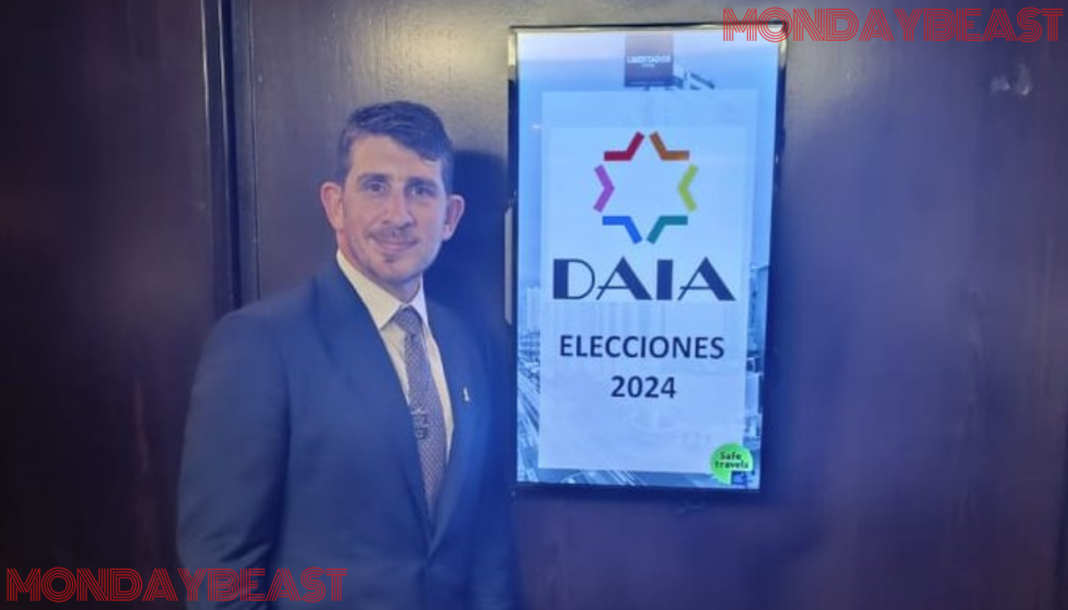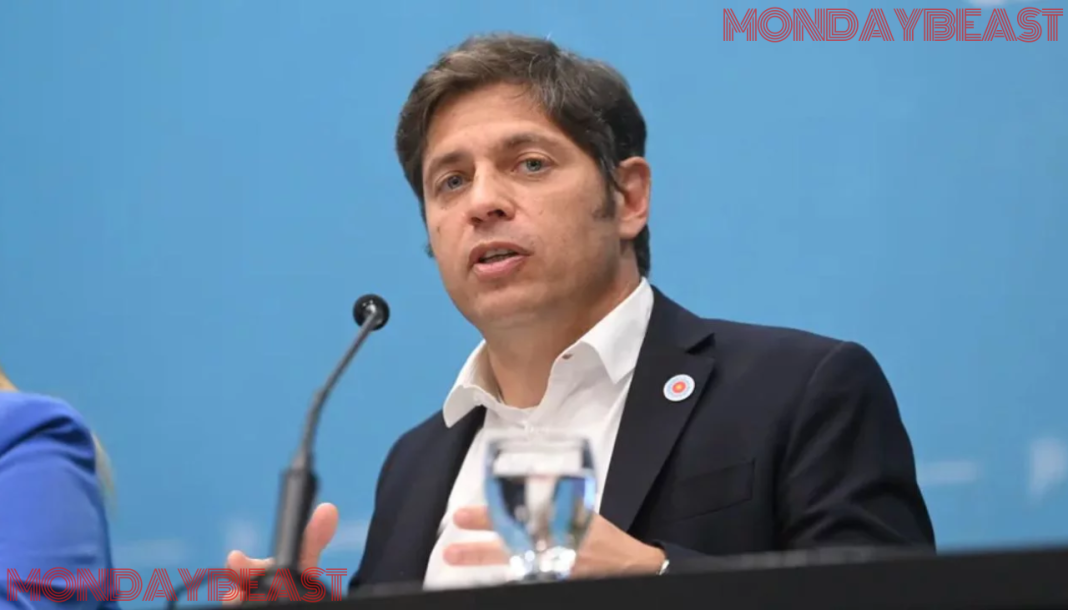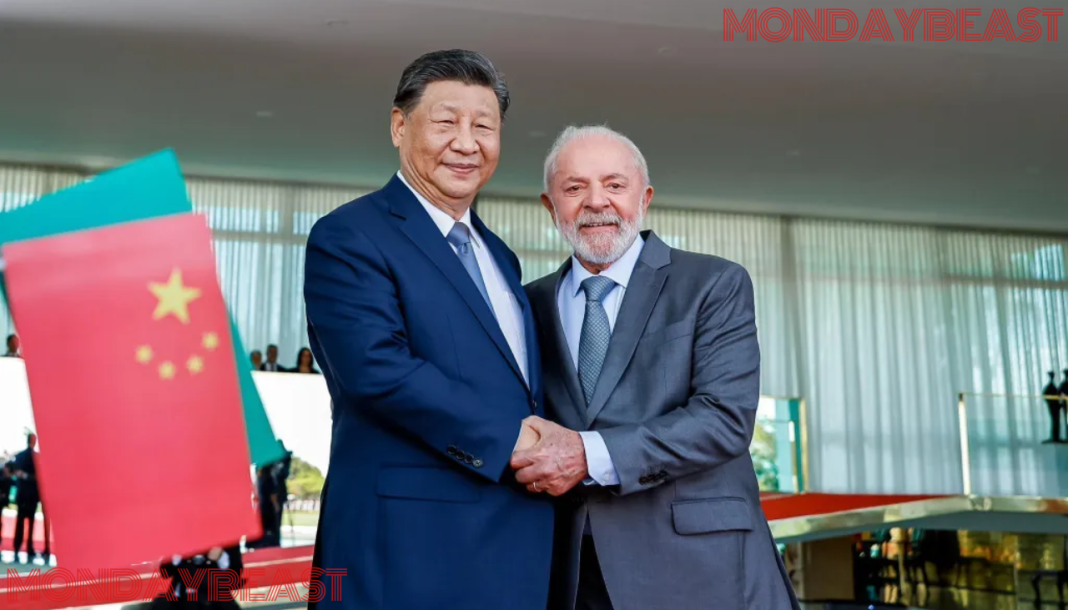The election of Mauro Berenstein as president of the DAIA represents a significant moment in the Argentine Jewish community. In a tightly contested race against Darío Epstein, a close ally of President Javier Milei, Berenstein emerged victorious by a narrow 85 votes to 75. This election wasn’t just another bureaucratic shuffle; it unfolded against a backdrop of political tension and community division, making it a focal point for many pressing issues.
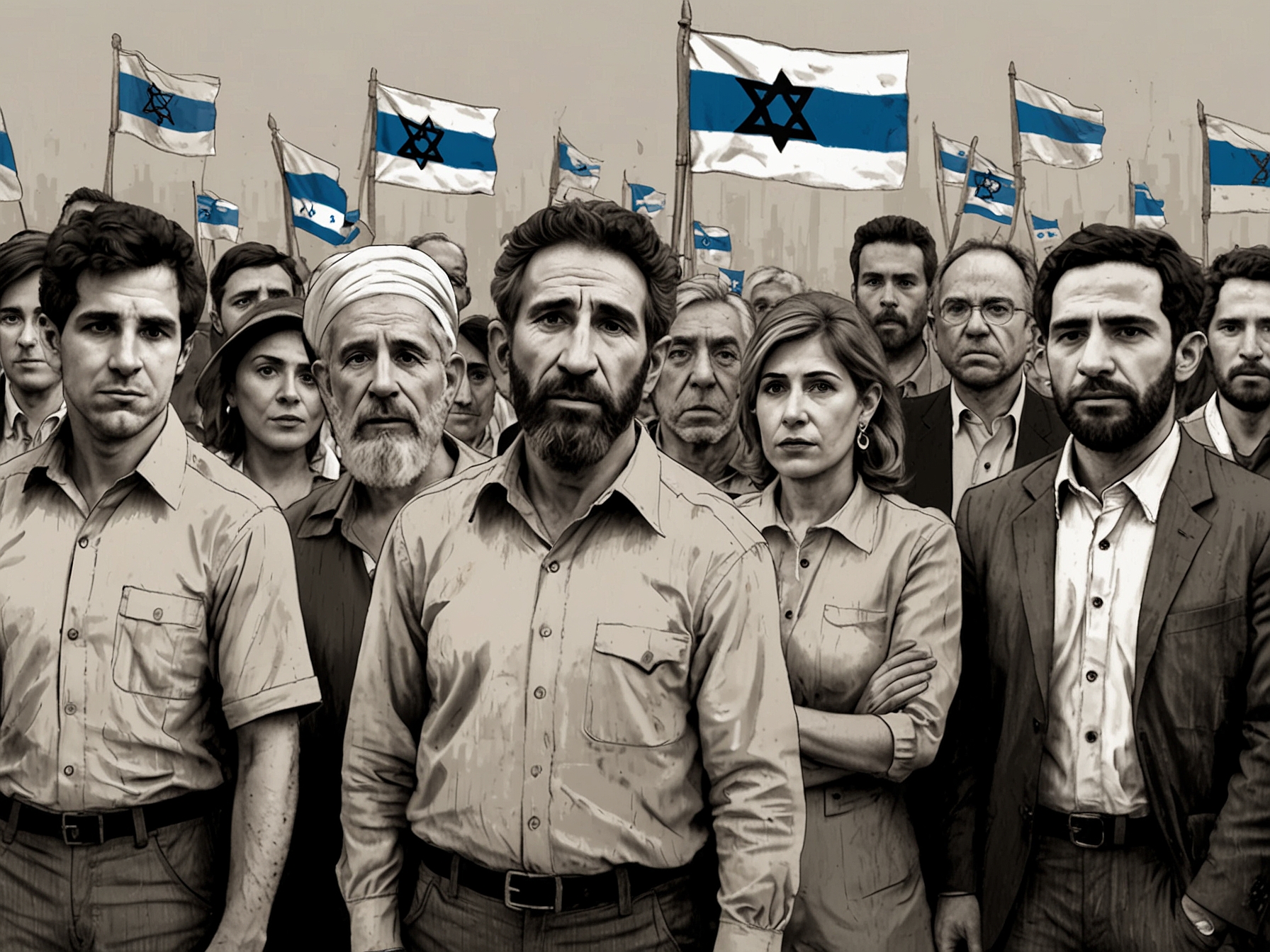
Berenstein’s ascent comes during tumultuous times. The DAIA, which stands for the Delegación de Asociaciones Israelitas Argentinas, has a long history of taking strong political stances, often aligning itself with Argentina’s conservative factions. Under his leadership, the organization will have to navigate a myriad of challenges, including rising antisemitism and the aftermath of the recent Hamas attack.
What does Berenstein’s victory mean for the DAIA and the broader community? For many, it may signal continuity amid chaos, as he is expected to follow the path laid out by his predecessor, Jorge Knoblovits. However, some critics worry this could mean more of the same conservative politics that have previously polarized the community.
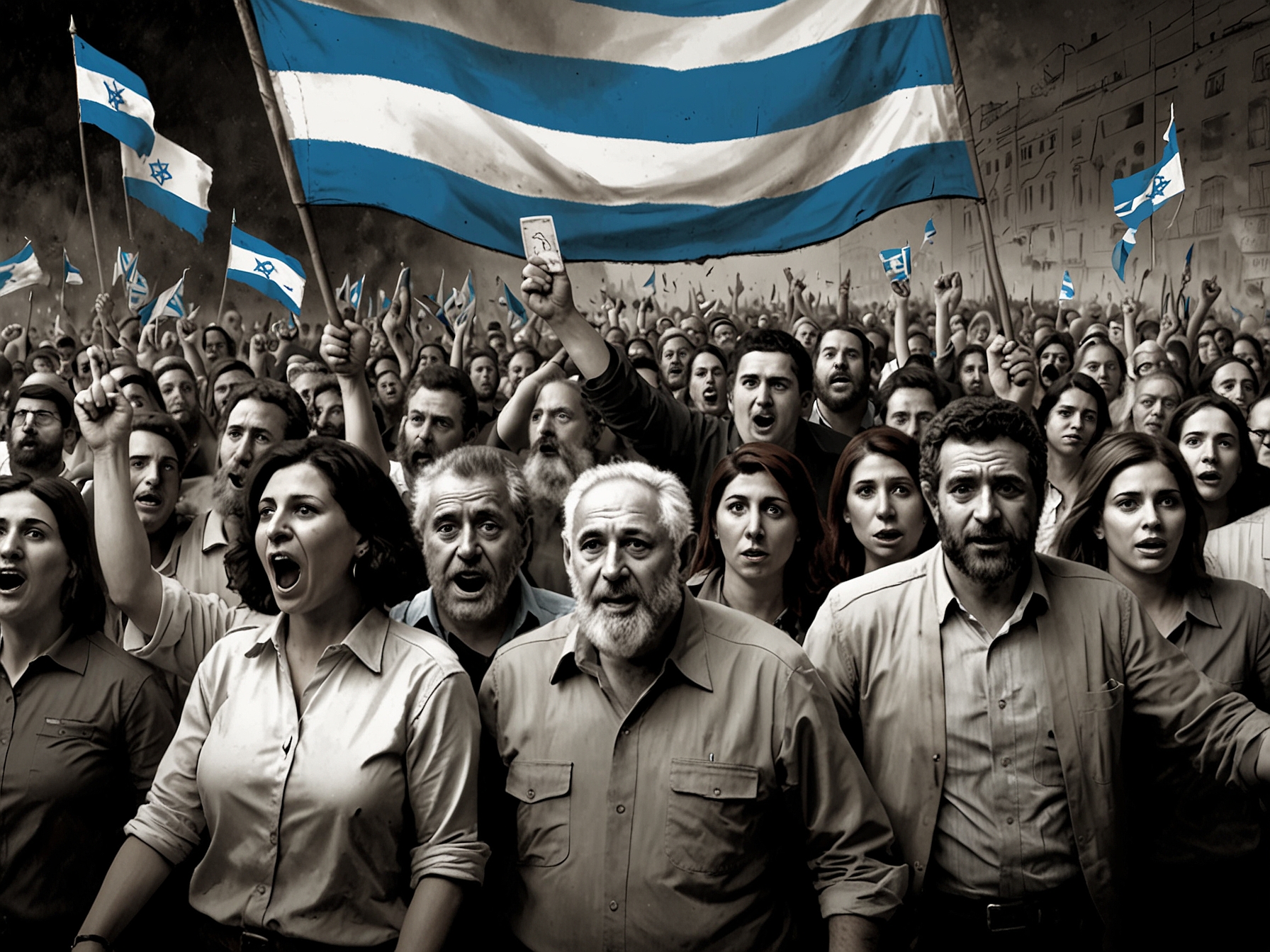
The past few months leading up to the election were fraught with tension. A push for a united ticket fell apart as Epstein, with limited roots in the Jewish community, refused to cooperate. It set the stage for a campaign charged with emotion and ideological fervor.
In a political landscape where photographs with prominent figures like Patricia Bullrich and public posturing became tactics, Epstein seemed to align himself directly with the current administration, making promises that stirred both hope and skepticism. Berenstein, a former leader at the Bialik school, touted a more neutral stance. But can neutrality exist in a climate as polarized as this?
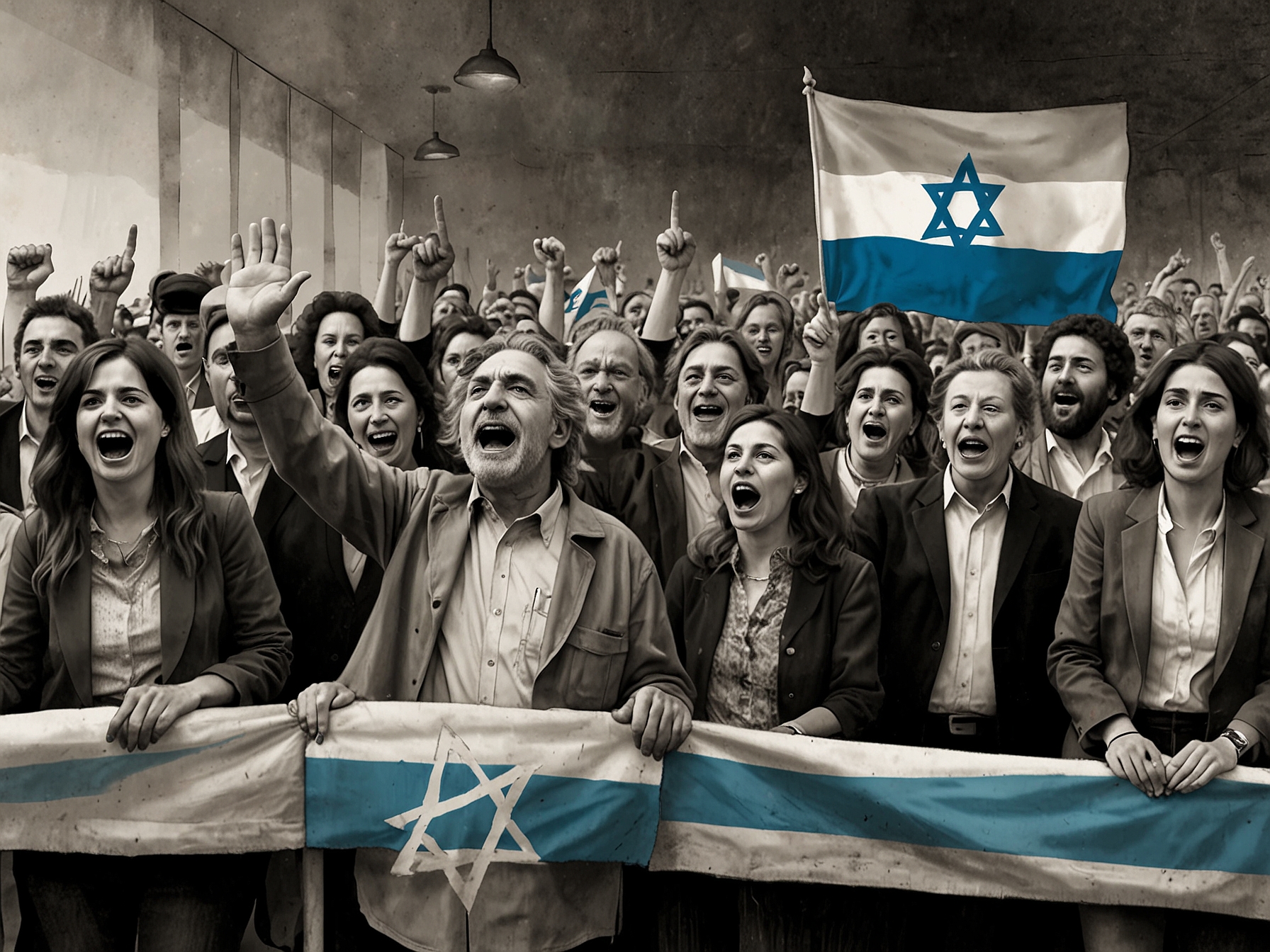
We must ponder whether a silent leader will help or hinder the community’s advocacy for its interests. Controversy was ripe in the air, with cries for the resignation of a key community figure due to familial ties to anti-Israel sentiments. This escalated to a social media fracas, exposing rifts that challenge any notion of consensus.
As he begins his term, Berenstein faces urgent issues that could dictate the community’s future. The October 7th massacre by Hamas looms over the DAIA as a stark reminder of the ongoing volatility. The world has witnessed the horror in Gaza, and alongside that, the global rise of antisemitism, creating an environment that demands strong, decisive leadership.
In the coming months, discussions around unresolved cases of past terrorism will surface again. The DAIA’s longstanding pursuit of justice for the AMIA bombing remains a pressing area of concern. After decades, the shadows of history linger, challenging any easy solutions.
Berenstein’s leadership will be crucial as the community seeks not only to heal but also to press for justice. Peering forward, will Berenstein be able to unite a divided community? Or will he become just another figure in a long line of leaders struggling to bridge deep-seated divides?
As the DAIA begins this new chapter, one thing is clear: the stakes are high, and so are the expectations. In this ever-evolving political landscape, it is critical for the DAIA’s new president to speak for a community that feels increasingly marginalized. The question remains, will he rise to the challenge and navigate through the murky waters of faith, politics, and community unity? Only time will tell.

